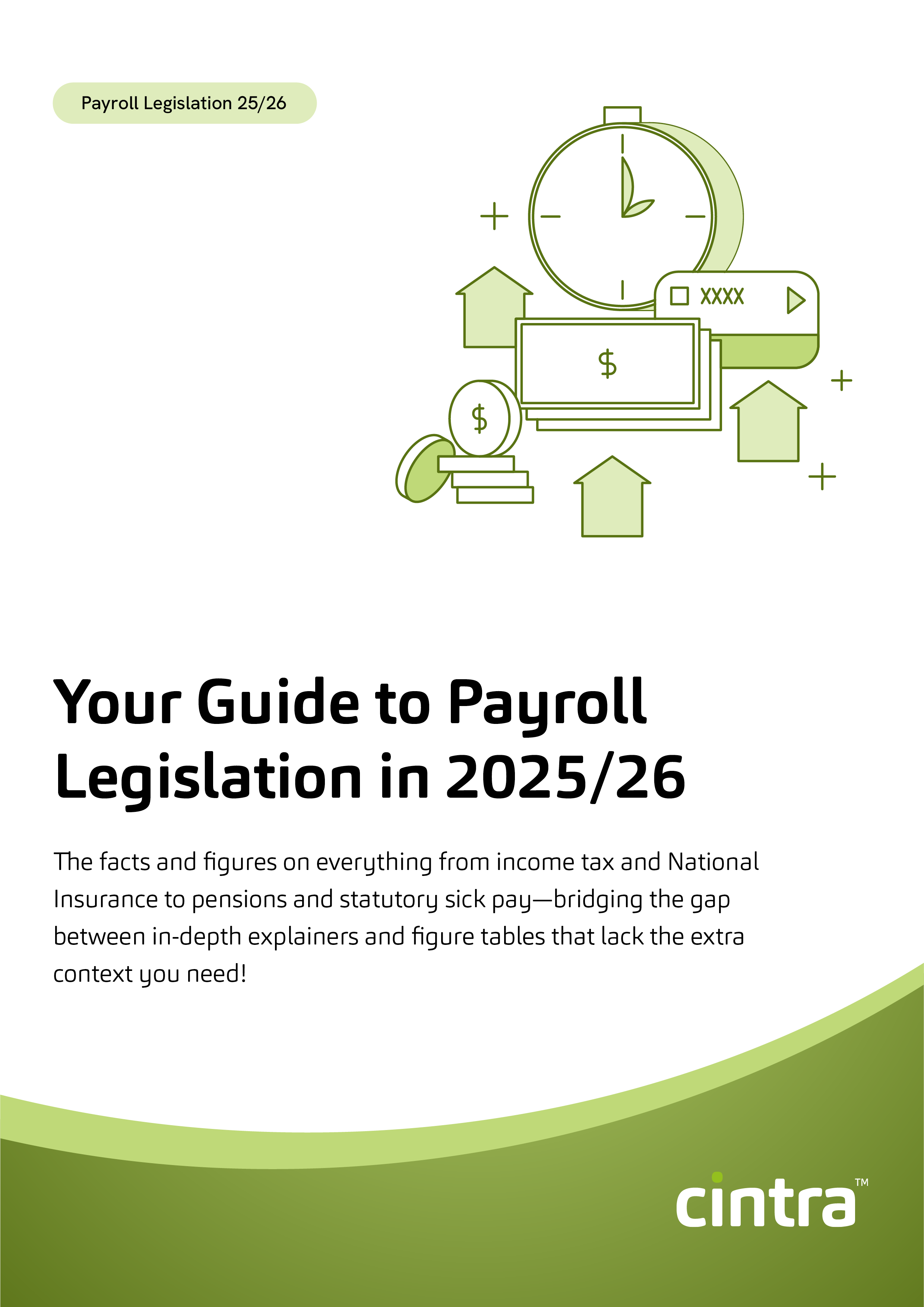There are a number of key tasks that must be completed in the period around the end of the tax year on 5 April.
The key end of year requirement for most employers is to submit their final Full Payment Submission (FPS) for the tax year and, where appropriate, the Employer Payment Summary (EPS) with the final submission indicator set.
Deadlines at a Glance
- On or before 19 April: Send your final EPS for the year for each PAYE scheme you operate. This submission will be marked ‘Yes’ in the ‘Final Submission for year’ option.
- On or before 31 May: Give each relevant employee a form P60.
- On or before 6 July: File expenses and benefits annual return (forms P11D and P11D(b)) if applicable – give a copy to your employees. This is the last date for your form P11D and P11D(b) to reach HMRC.
- On or before 19 July: Class 1A NICs – postal payments must reach HMRC’s Accounts Office
- On or before 22 July: Class 1A NICs – cleared electronic payments must reach HMRC’s bank account
P60s
P60s are due for any employee that is employed on 5 April (and a ‘relevant payment’ has been made). This document is an important statement and should be given to your employees no later than 31st May 2022. Employees who have left your employment on or before 5 April 2022 will not receive a P60.
Expenses and Benefits
Benefits in Kind taxed through the payroll:
If you registered online on or before 5 April 2021 and you are using the Payrolling Benefits in Kind process you’ll need to send:
• A P11D for any benefits you’ve not payrolled
• A P11D(b) to tell HMRC about the Employer NICs due on all benefits (including the payrolled ones).
If you didn’t register online on or before 5 April 2021 to payroll Benefits in Kind, then you’ll need to send:
• A P11D for all benefits per employee
• A P11D(b).
If you intend to start payrolling benefits in kind in 2022/23 you must register with HMRC no later than 1st April 2022 to give HMRC time to amend your employees tax codes before the new tax year begins. You do not need to re-register for 2022/23 if you already payroll your benefits.
National Minimum Wage (NMW) and National Living Wage (NLW) Rates
The National Minimum and Living Wage rates increase from April 2022. Details of the new rates can be found here.
National Insurance: Increase from April 2022
From 6 April 2022 to 5 April 2023 National Insurance contributions will increase by 1.25%. This will be spent on the NHS and social care in the UK. Details of the new rates can be found here.
Employment Allowance: No changes in 2022/2023
There are no changes in the new 2022/23 tax year. From 6 April 2020, the Employment Allowance was increased to 4,000 and the eligibility criteria was reformed. Employers who, together with their connected companies have aggregate Class 1 Secondary NIC liability of 100,000 or more in the proceeding tax year, are ineligible for the EA.
If the Class 1 Secondary NIC liability was less than 100,000 then you may be entitled to EA however this could be impacted if you have received or been allocated De Minimis State Aid in the current and previous 2 tax years.
The De Minimis State Aid rules apply if a business engages in economic activity, i.e. providing goods or services to the market. It is not important whether the business makes a profit, it is the fact that the business is engaging in economic activity that is important.
The rules allow a certain amount of public funding to be received over a three-year fiscal period, capped at a value depending on the economic sector in which the business is operating.
More guidance on the Allowance can be found below:
- https://www.gov.uk/claim-employment-allowance
- https://www.gov.uk/guidance/changes-to-employment-allowance
Apprenticeship Levy: No changes in 2022/23
There are no changes in the new 2022/23 tax year.
For the 2022/23 tax year, the Apprenticeship Levy rate remains calculated at 0.5% of the total paybill for each employer. The maximum Levy Allowance remains unchanged at £15,000.
The Levy Allowance can be spread across your PAYE schemes and connected employers or charities. If we are responsible for the submission of your EPS we will presume there is no change to your allowance allocation. If there is a change to this, then please let your OSS team know.
More guidance on the Levy can be found here.
Pension: Local Government Pension Scheme
The Local Government Pension Scheme (LGPS) is a pension for local government, education, police staff, the voluntary sector, environment agencies and private contractors.
The scheme is banded, which means your contribution percentage depends on the amount of salary you earn.
Each year new bands are introduced and need updating in the payrolls. These updates are usually done once a year in April as described in the link here.


